Breakout Session and Presenter Information
The Power of Play Track
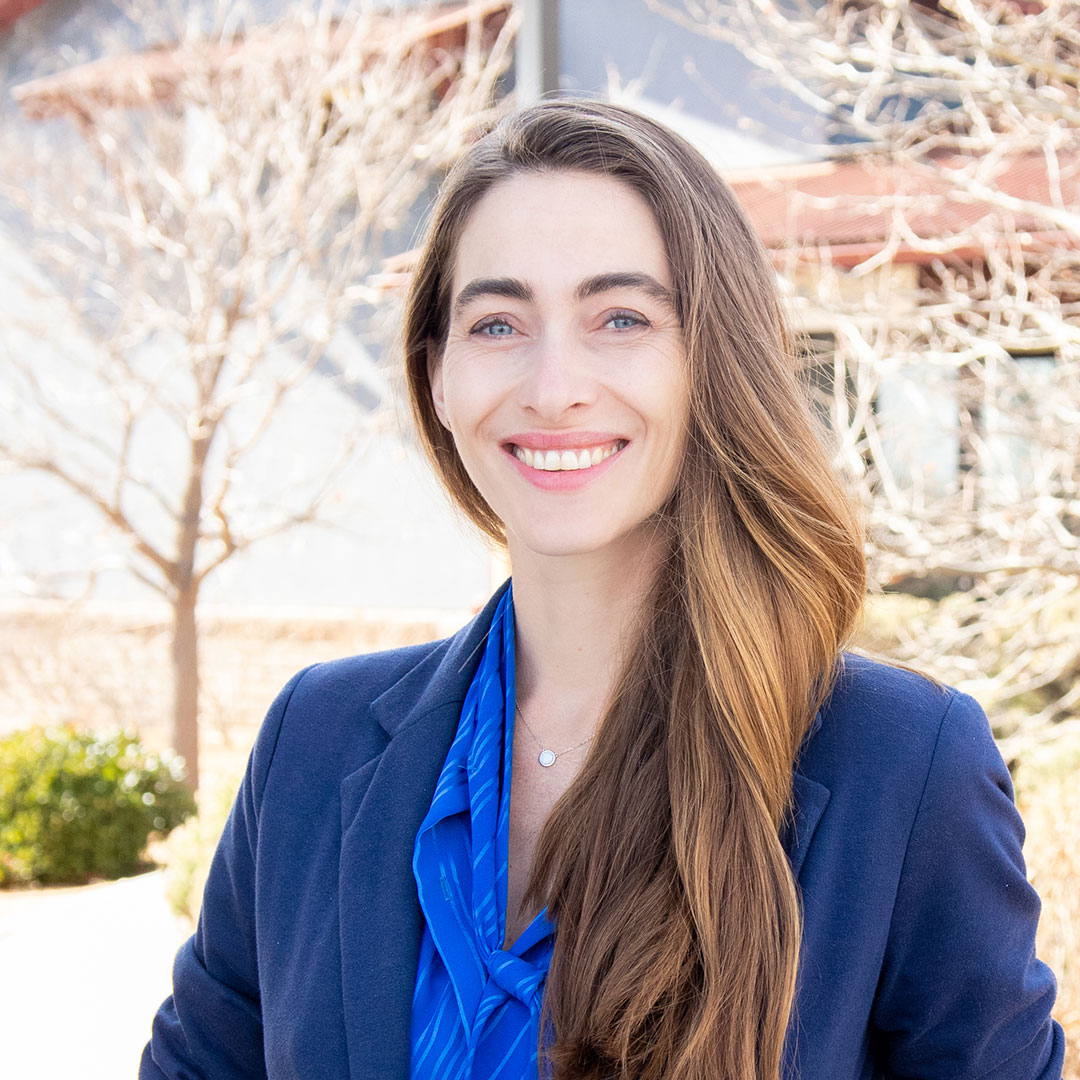
Claire Louge
Prevent Child Abuse Arizona
Creating Epic Community: Using Play to Build Connection
Play is a foundational part of a connected community. Come learn how youth-serving organizations in Arizona are cultivating community for teens and adults through epic role playing adventures. In this workshop, you will get to experience some simple improvisational theater activities that can be used to facilitate reflective discussion and positive experiences with youth and adults. Come be a part of the magic!
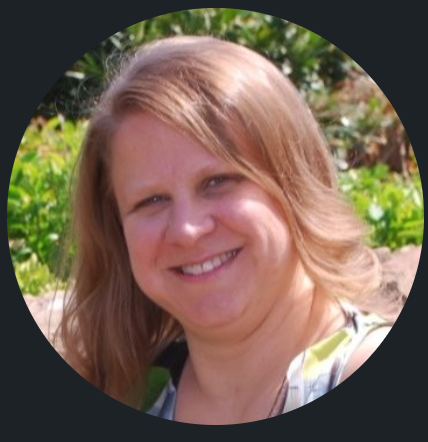
Mary Koval
Koval Counseling
Creating Inclusive Environments
This highly interactive simulation game designed to give participants insight regarding power within institutions and society. The exercise increases the awareness of structural influences on behavior and outcomes for marginalized individuals. The goal is to build support and leadership for practices increasing social equity within organizations emphasizing the need for inclusion in decision making, policy creation, and accountability measures.
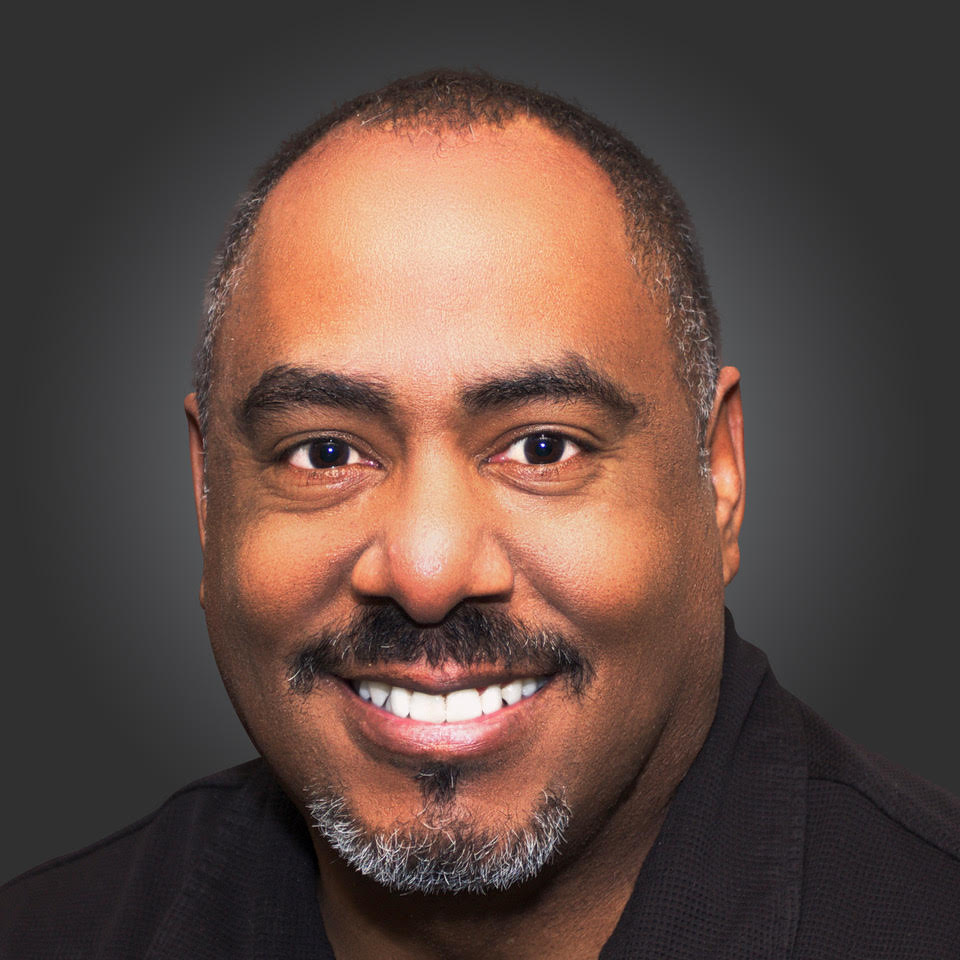
Rick Griffin
Community Resilience Initiative
Play with a Purpose
This workshop is an overview of a new and inspiring training series about the art and science of group facilitation. Attendees will learn the neuroscience behind cutting-edge tools and strategies that can transform your educational or leadership practice, ensuring every group interaction you lead is as effective as it is enjoyable.
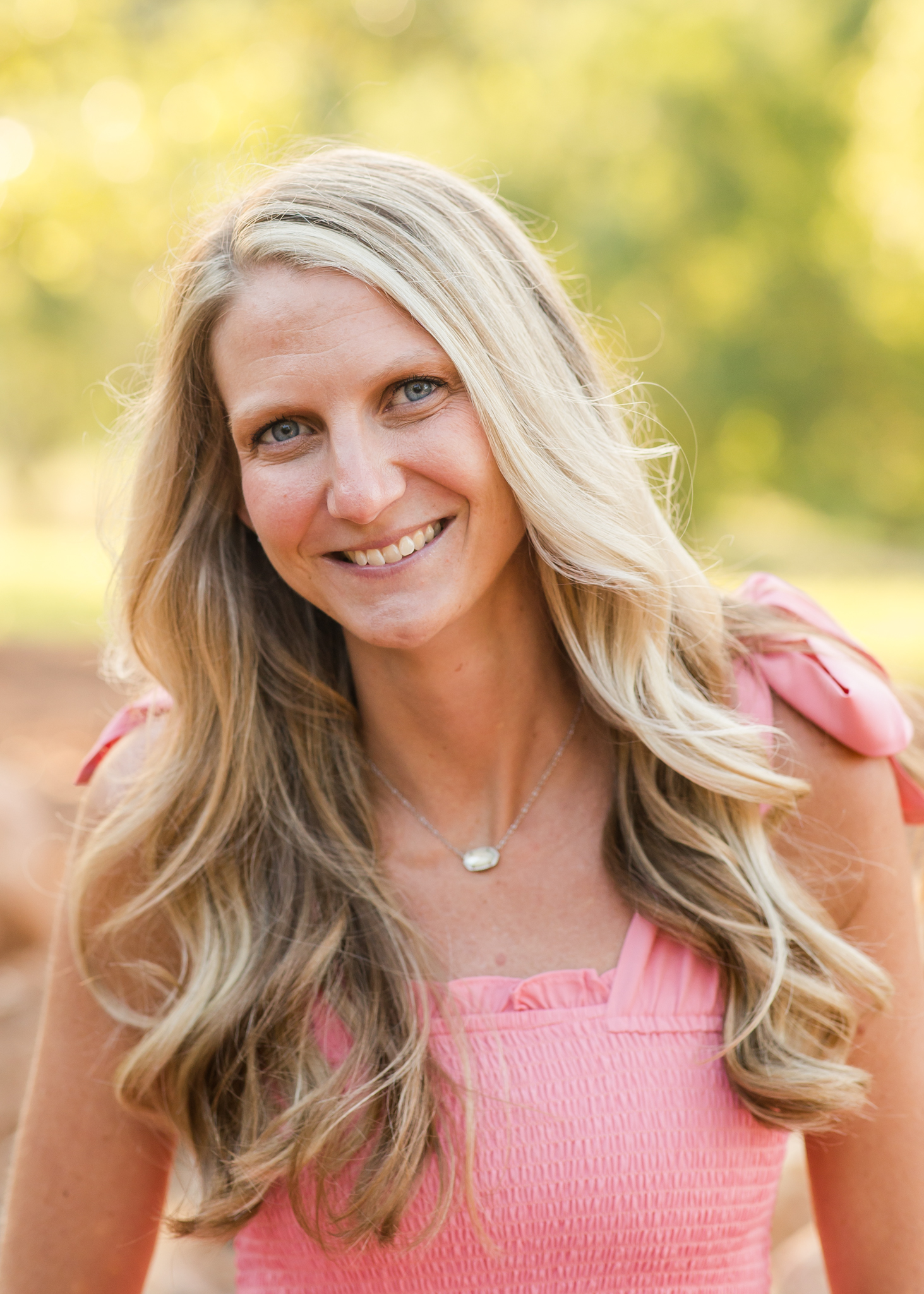
Cora Taylor
Radford University
Student Athlete’s Passion and Purpose
Have you been involved in the world of athletics and seen the impacts over the last few years on student athletes, specifically around their mental health? How is this connected to who they are as human beings and their performance driven lifestyles of do your best, be the best? How do we connect with our student athletes to help them see they are so much more than who they are as a player, but as a person. Individuals who find their own passion and purpose will use that skill to change the world!
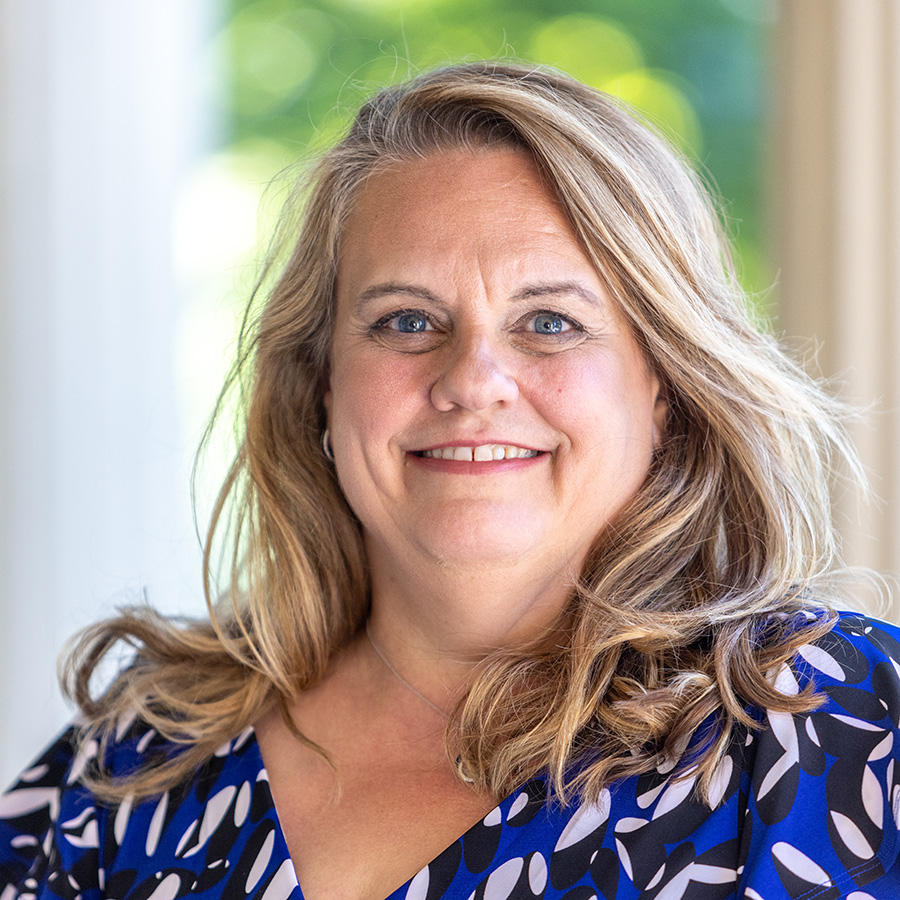
Dr. Kimberly Garza
Roanoke College

Dr. Jonathan McCloud
Roanoke College
Building Resilience Through Free Play: The Vision of PlayLab at Roanoke College
In today’s fast-paced society, children and adolescents (and parents) face unprecedented levels of stress and adversity, leading to a decline in mental, emotional, and physical well-being. PlayLab, an emerging initiative at Roanoke College, proposes a college-based organization that prioritizes play and community-based research that fosters healing and resilience.
The Resilience Research Track
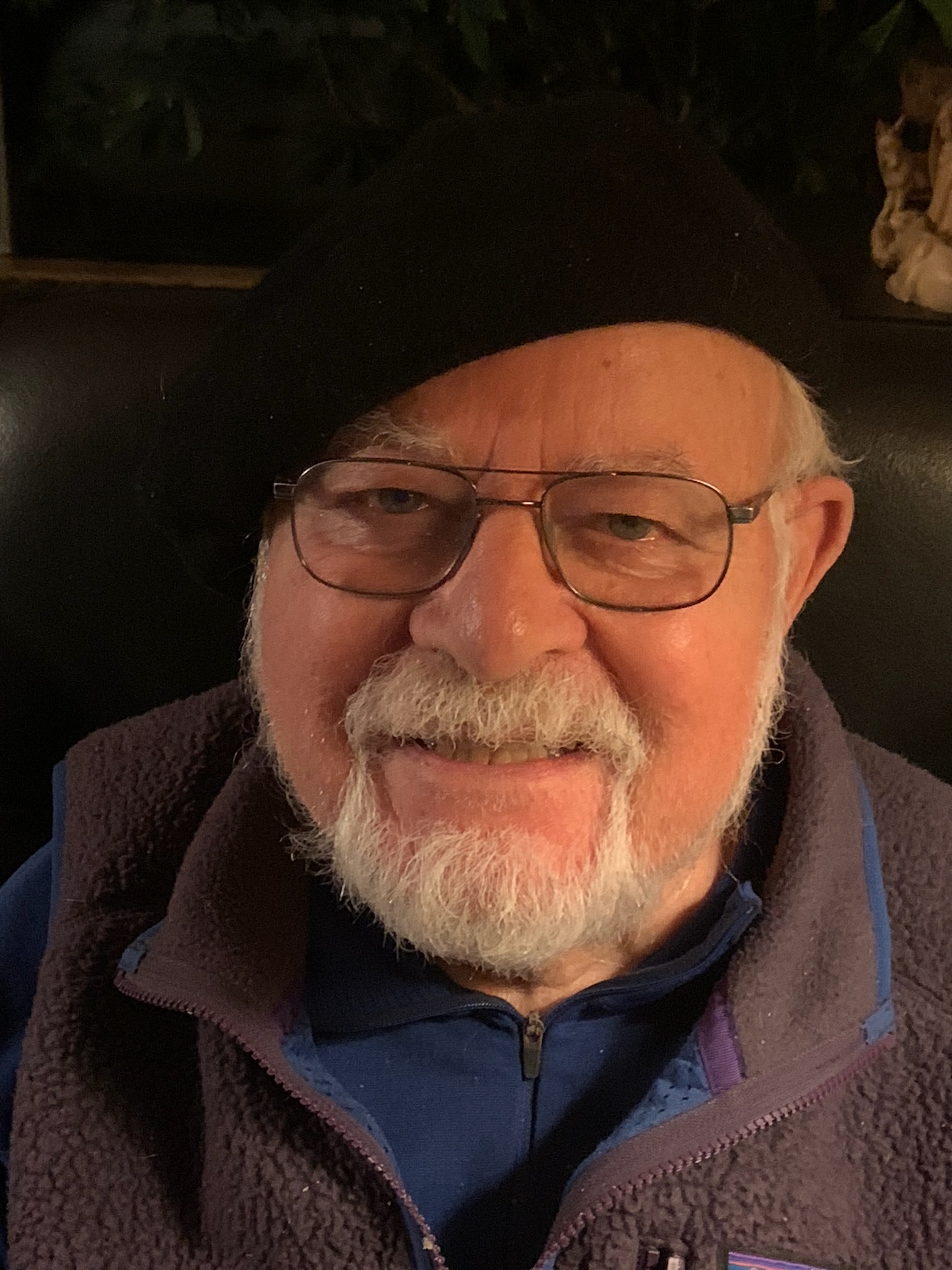
Dr. Dario Longhi
Participatory Research Consulting
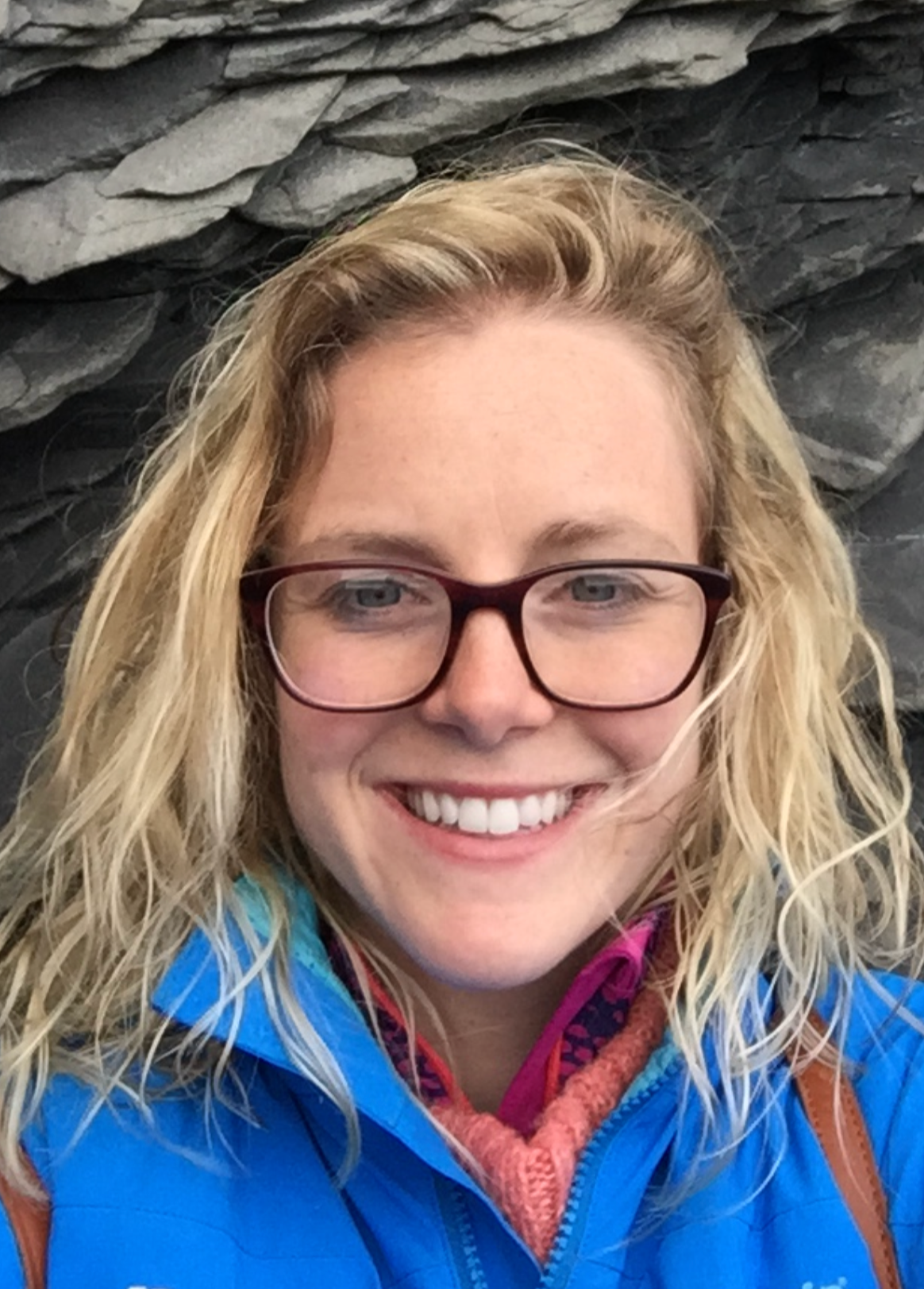
Becca O’Connor
Walla Walla Public Schools
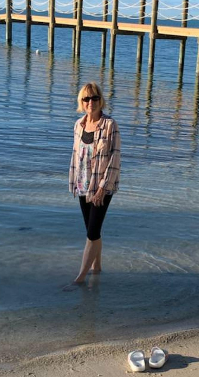
Teri Barila
Community Resilience Initiative
Resilience Increases Among Elementary School Students: How Does It Happen?
A unique pre-post study of elementary students in an afterschool program shows significant increases in resilience and school performance in a high-capacity community. Quantitative data show resilience is due to combinations of contextual trusting supports and individual self-regulation, problem-solving skills, hope, and self-concept. Qualitative stories show pathways to resilience based on interviews with staff and student-made videos.
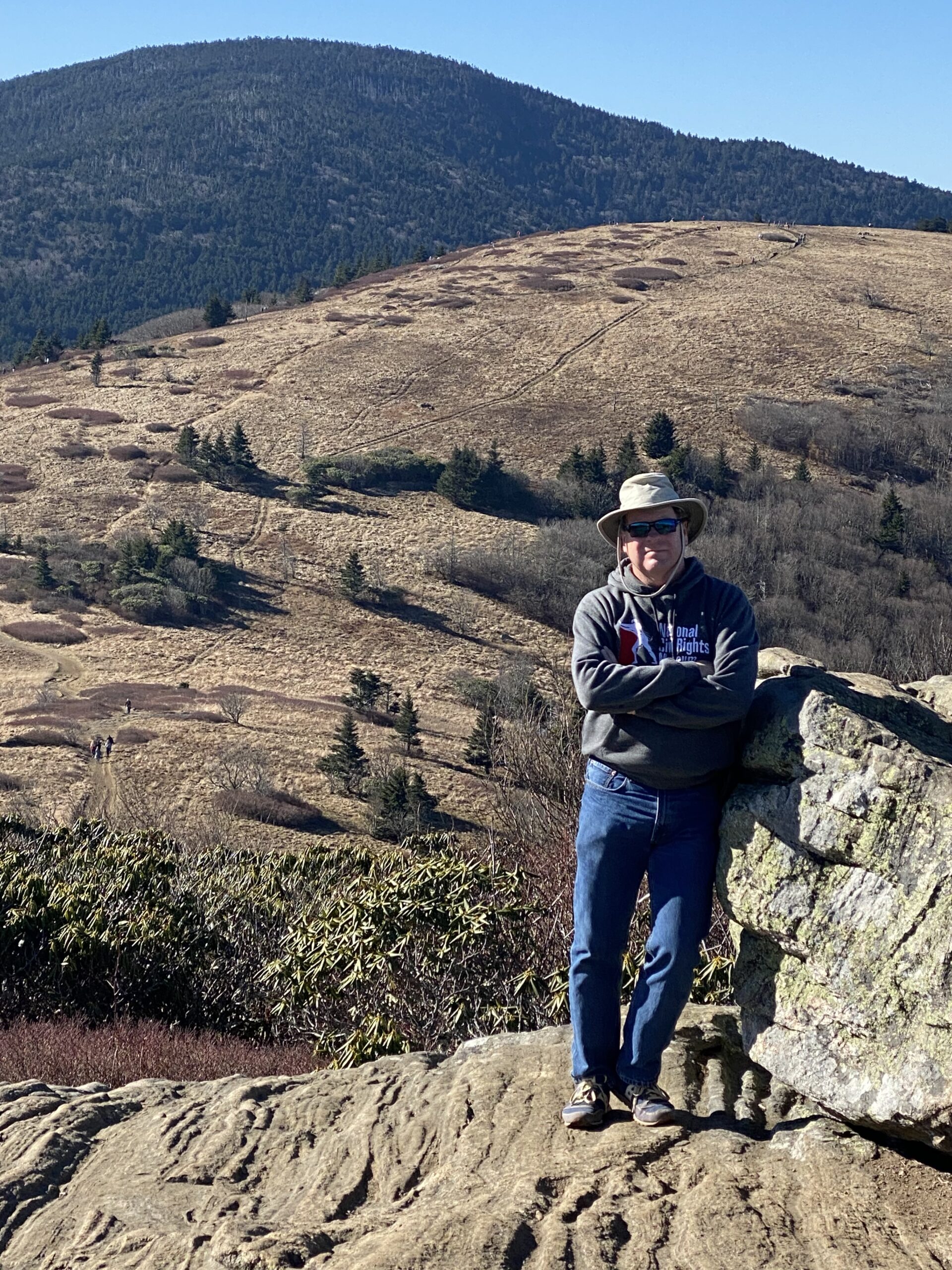
Dr. Wallace Dixon
East Tennessee State University
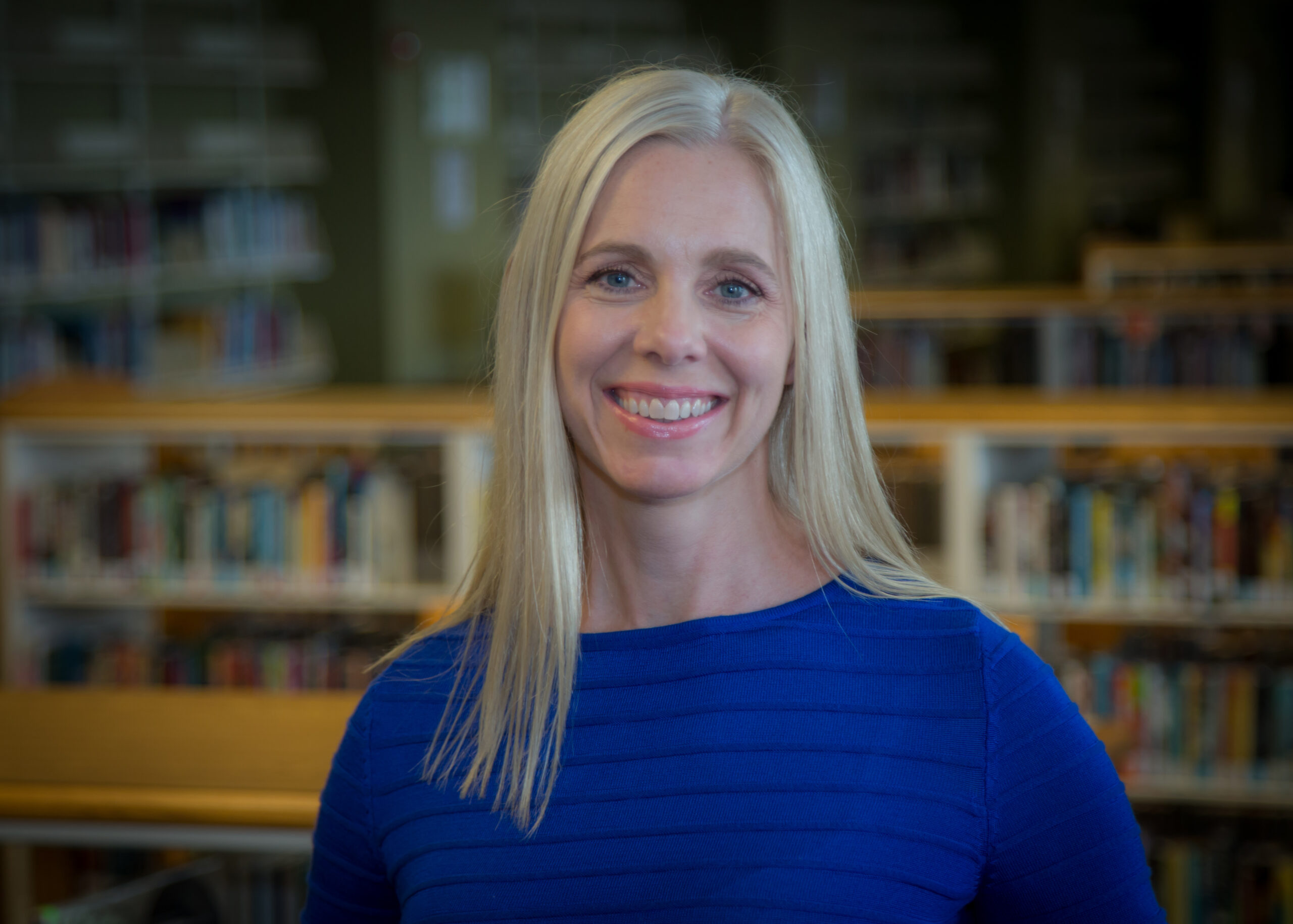
Dr. Suzette Fromm Reed
National Louis University
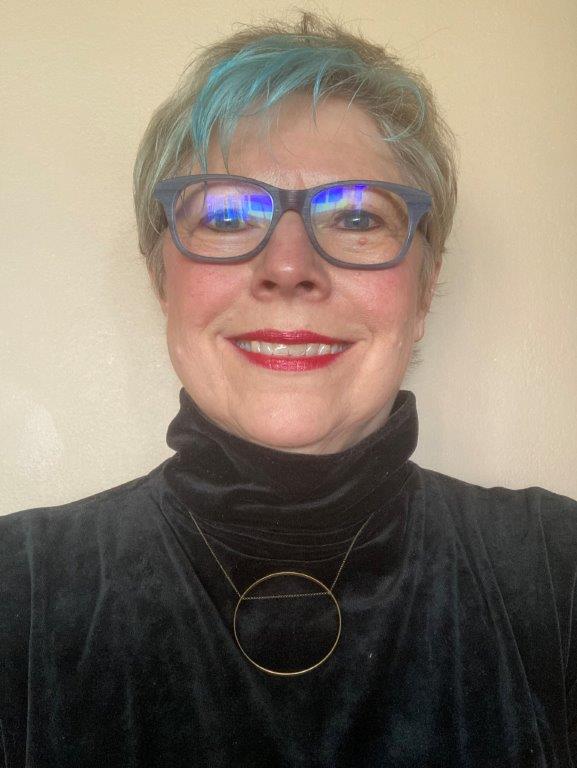
Dr. Judith Kent
National Louis University
Building Resilience Networks: Overcoming Obstacles in Sustaining a Truama-Informed Workspace
Trauma- and Resilience-Informed Practices (TRIPs) have become celebrated across public and private service sectors alike. However, progress remains slow, even in fully “bought-in” agencies where resources to underwrite implementation are abundant. In this highly interactive session, we draw on foundational research that informed CRI’s KISS model. We will identify effective agents of cultural change to explore ways to overcome 14 common obstacles to implementing TRIPs.
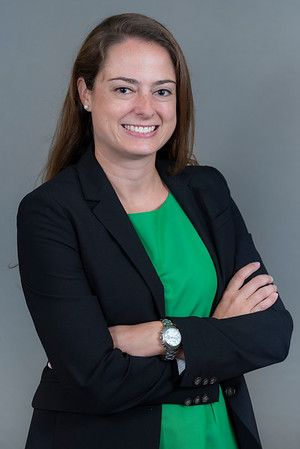
Hannah Cheever
SRI Education
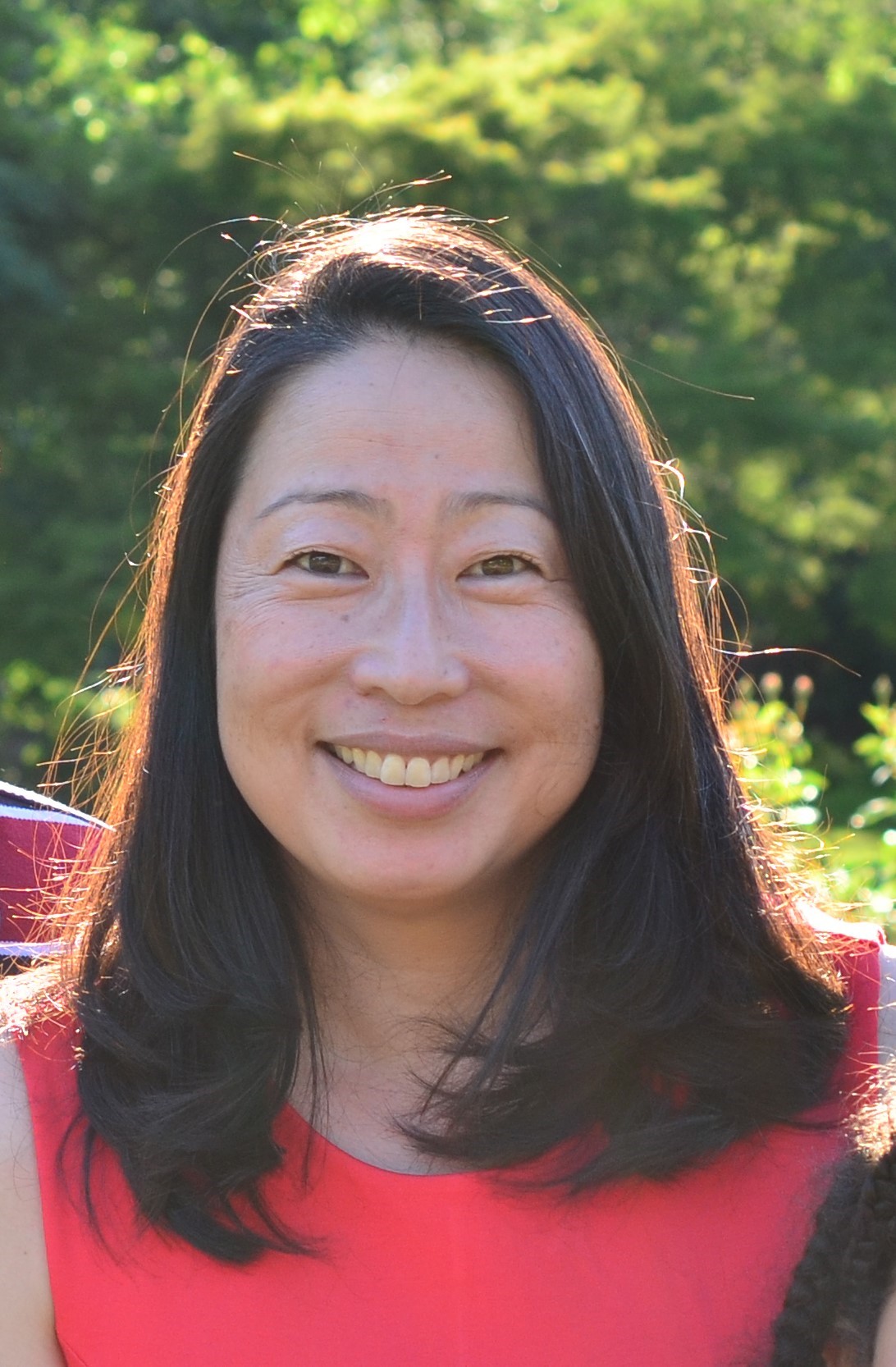
Dr. Ryoko Yamaguchi
Plus Alpha Research & Consulting
Let’s Get REAL: Resources to Cultivate Resilience, Equity, and Learning in Community Colleges
Join representatives from the Virginia Community College System and the Regional Educational Laboratory Appalachia to learn about efforts to cultivate resilience, equity, and learning (REAL). Cultivating a REAL organization-wide culture requires understanding how our practices can activate feelings of safety and connection to increase learning. Come to this session to discover research-based, actionable resources to support building a REAL culture.
The General Resilience Track
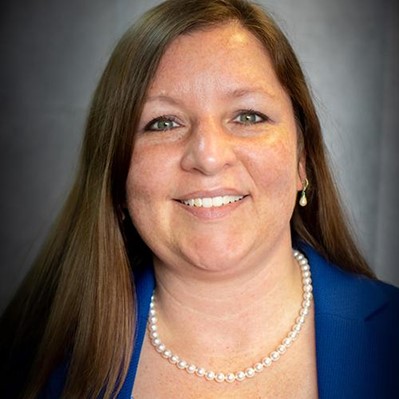
Michelle Wagaman
RACSB
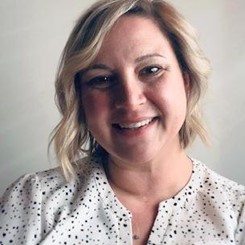
Jordan Brooks
RACSB
Stronger Together: Resilience-Focused Approaches to Preventing Suicide
This workshop is designed to illuminate the pivotal role of community engagement and resilience in combating suicide. It highlights the significance of creating secure environments and fostering open, meaningful conversations in familiar community settings like barbershops and salons as key suicide prevention strategies. By leveraging compelling data, this session showcases the impact of grassroots initiatives and the power of informal community hubs in promoting mental health awareness. This session is an empowering call to action, equipping attendees with practical, evidence-based tools to foster safer communities and support those in distress. It’s a vital convergence of knowledge and action for anyone dedicated to nurturing mental well-being and preventing suicide through collective empowerment and empathetic communication.
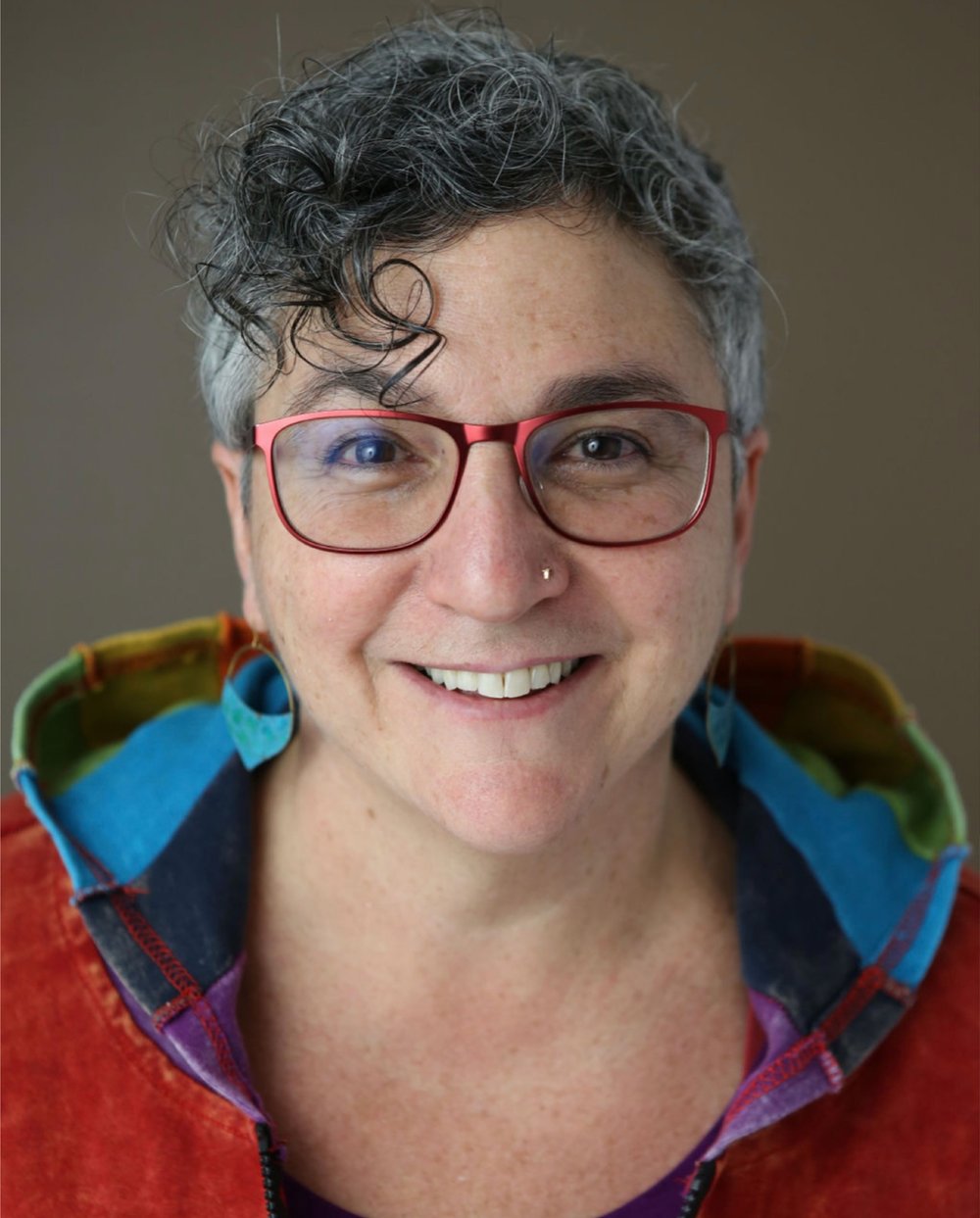
Evangeline Weiss
Beyond Conflict, Inc.
Start Drawing: How to Shift Attention in Your Rooms
Attention spans have been reduced to 10 seconds, folks show up to meetings and workshops with their faces in their phones, and people are suffering too many indignities to count! How can we use our time with our colleagues, our students or our clients in ways that will transform our relationships and truly learn together?
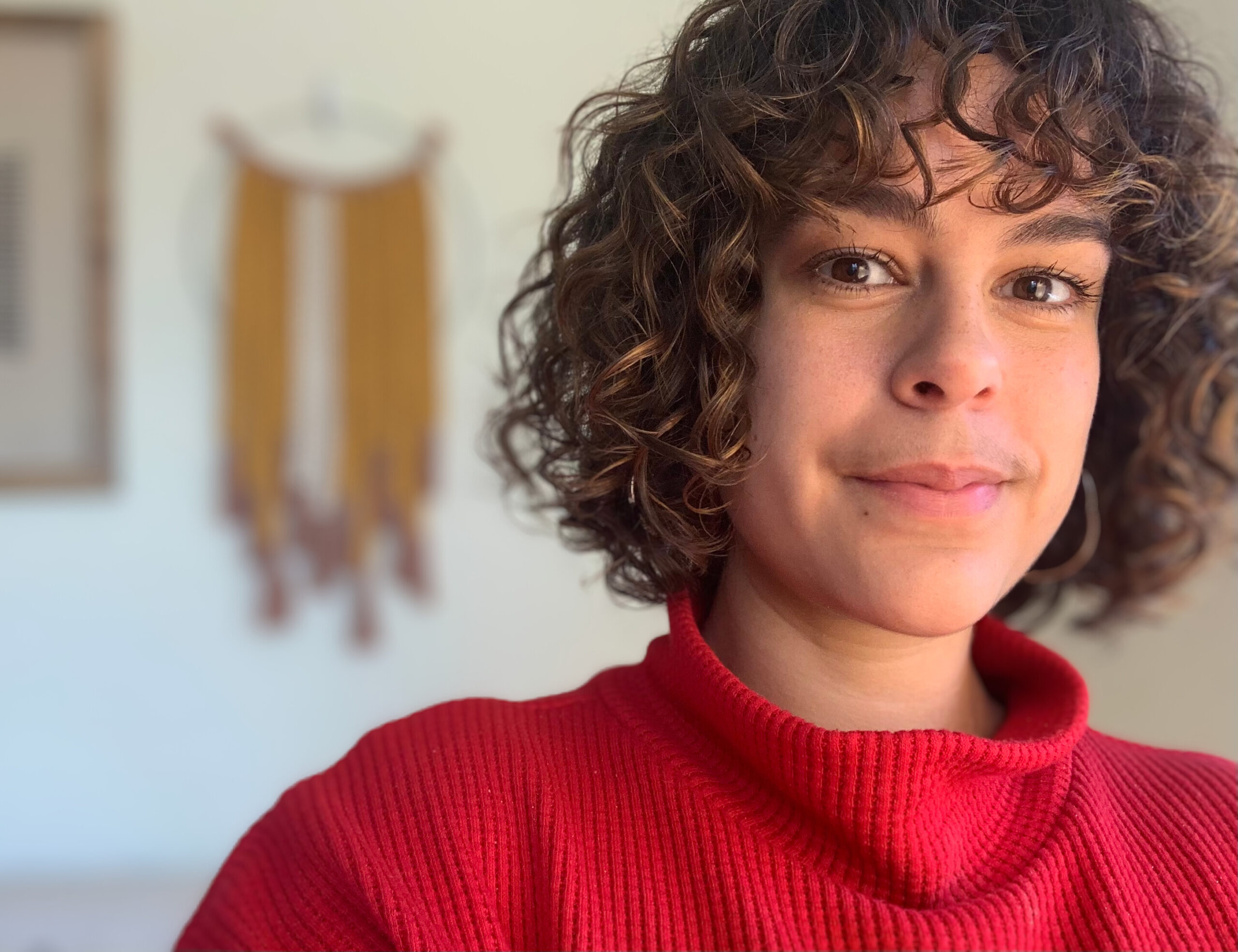
Hannah Firdyiwek
Region Ten Community Services Board

Paige DiPirro
Region Ten Community Services Board
It’s Giving Safety and Connection: Making the Science of Resilience Accessible to Youth Audiences
Young people today are facing mental health challenges at alarming rates. As their challenges and needs continue to evolve, there’s a growing demand for psychoeducational content that is both evidence-based and culturally relevant to youth. In this session, we will discuss the development of such content and explore effective ways to communicate the science of resilience to a youth audience.
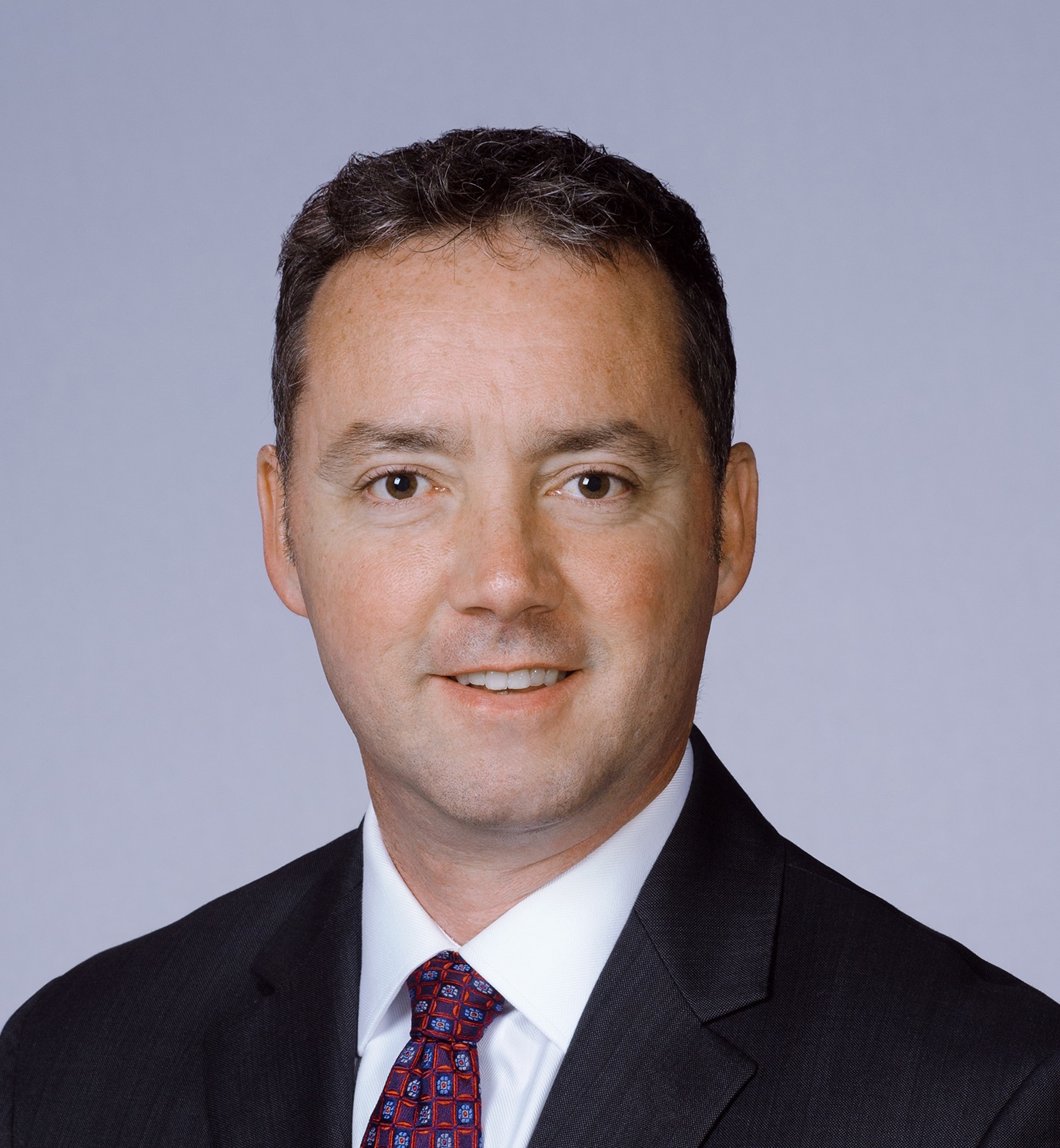
John Richardson-Lauve
St. Joseph's Villa
Somatic-Based Resilience: The Community Resiliency Model
How do we tap into our body’s natural strength to overcome get through hard times? The Community Resiliency Model (CRM) is an evidenced-based resiliency model that goes through the body to promote regulation. Using a basic set of skills, we can derail our body’s crisis response and find wellness. You can both use and teach the skills presented. Workshop presenter is a certified CRM trainer.
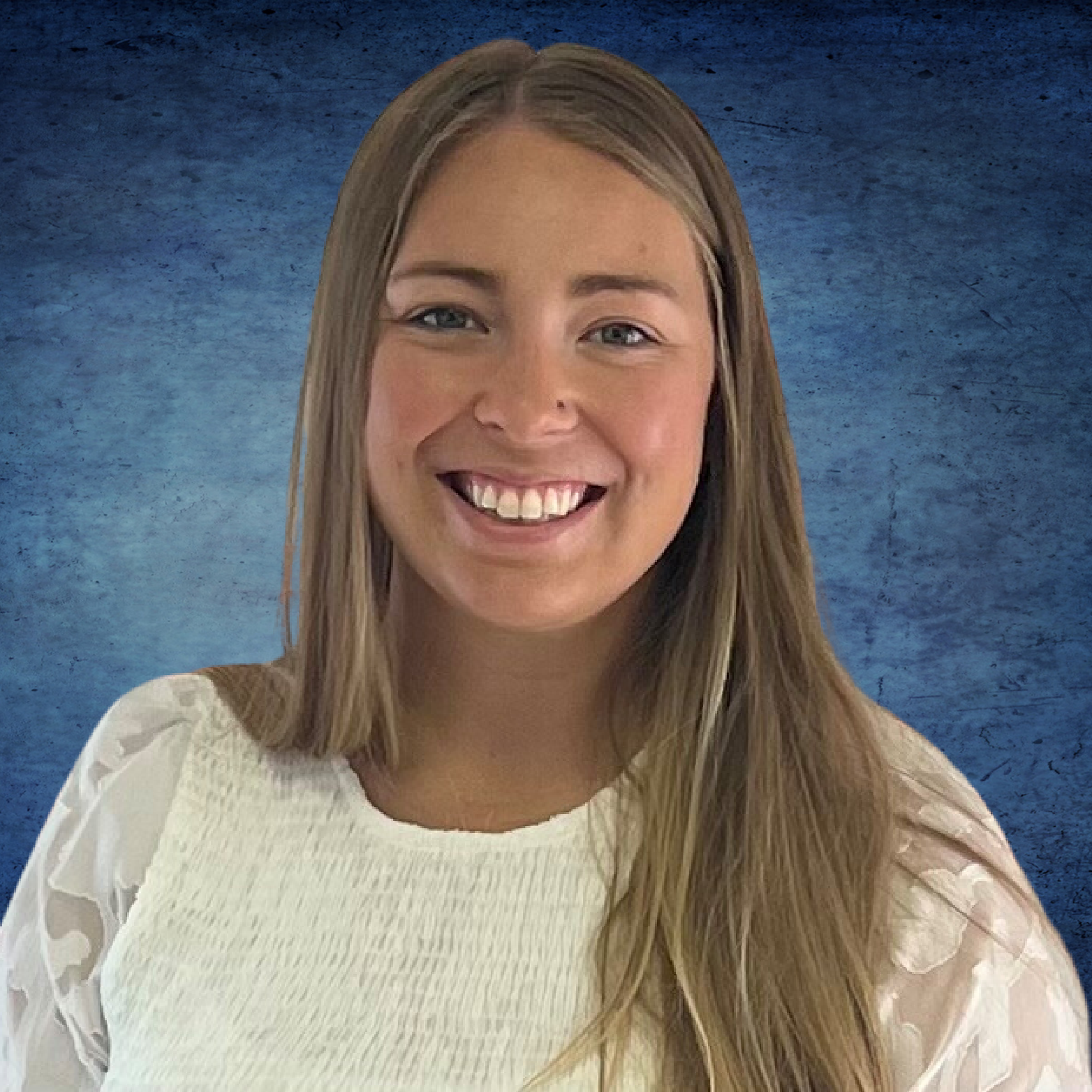
Mackenzie Chitwood
Blue Ridge Behavioral Healthcare
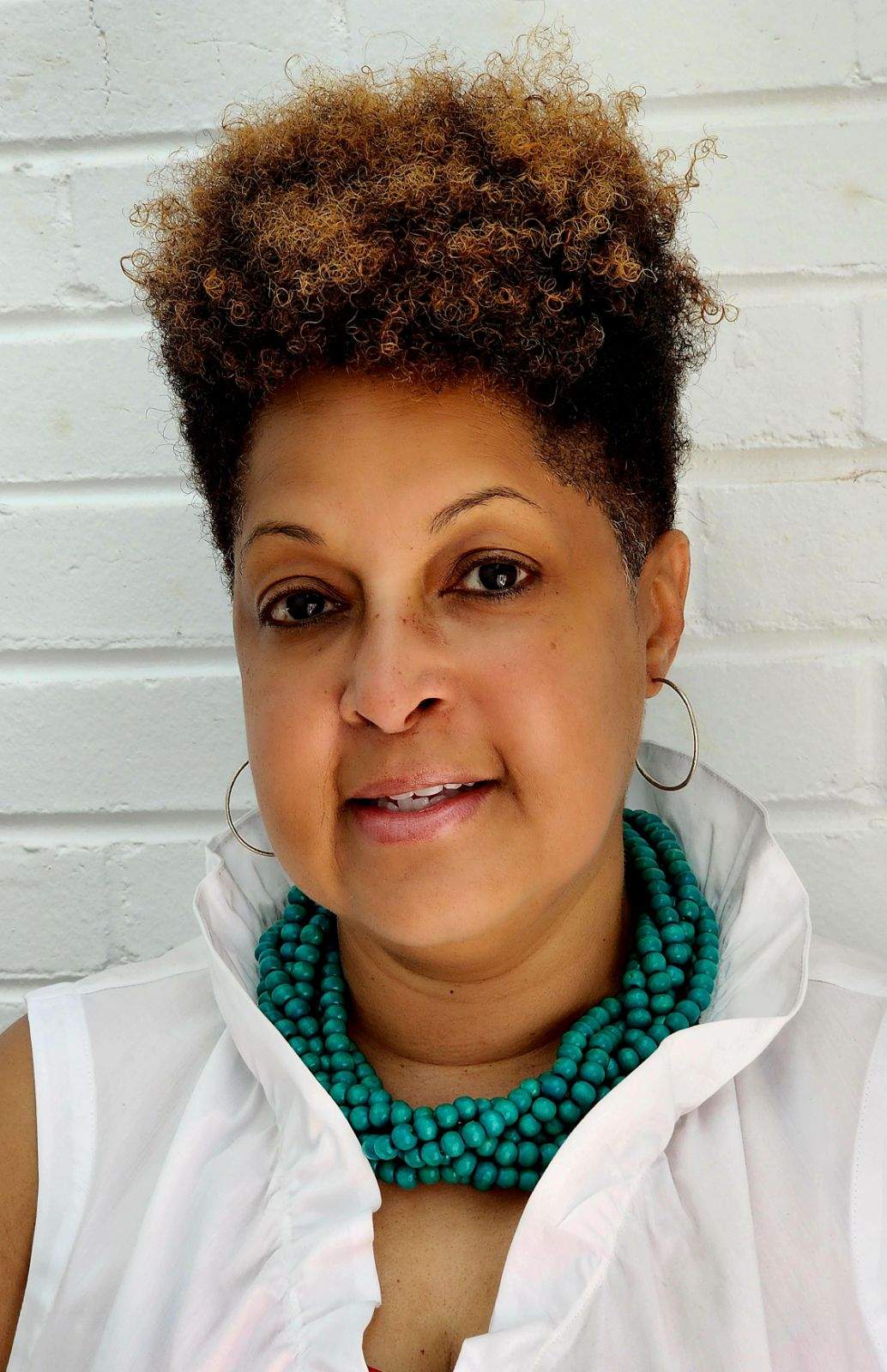
Bettina Mason
Mason Education Solutions Group, LLC
Be a Resilience Champion
Roanoke Prevention Alliance Resiliency Collective’s 1-hour presentation helps individuals and communities learn how to strengthen resilience in those around them. In this session individuals will learn how to strengthen others resilience in five main categories. The categories include friends, family, community, self, and work.

Claire Louge
Prevent Child Abuse Arizona
What’s Strong with You?
Let’s focus on what’s strong rather than what’s wrong. Participants will learn an overview of the Strengthening Families™ Protective Factors Framework, an approach to working with families in a way that builds their strengths as a solution to their challenges. We’ll discuss what it means to work with families in a strength-based way, and come up with ideas for how we can build protective factors through our work.

John Richardson-Lauve
ST. JOSEPH'S VILLA
Workforce Resilience – Unpacking Self-Care
Yoga not doing it for you? Need more than a walk around the block? In this workshop we will break down the fundamentals of self-care and empower participants to build their own self-care plan. We will go through three essential steps: self-evaluation, planning and implementation, and sustainability tools for your plan. Participants will leave with actionable tools to use and teach.
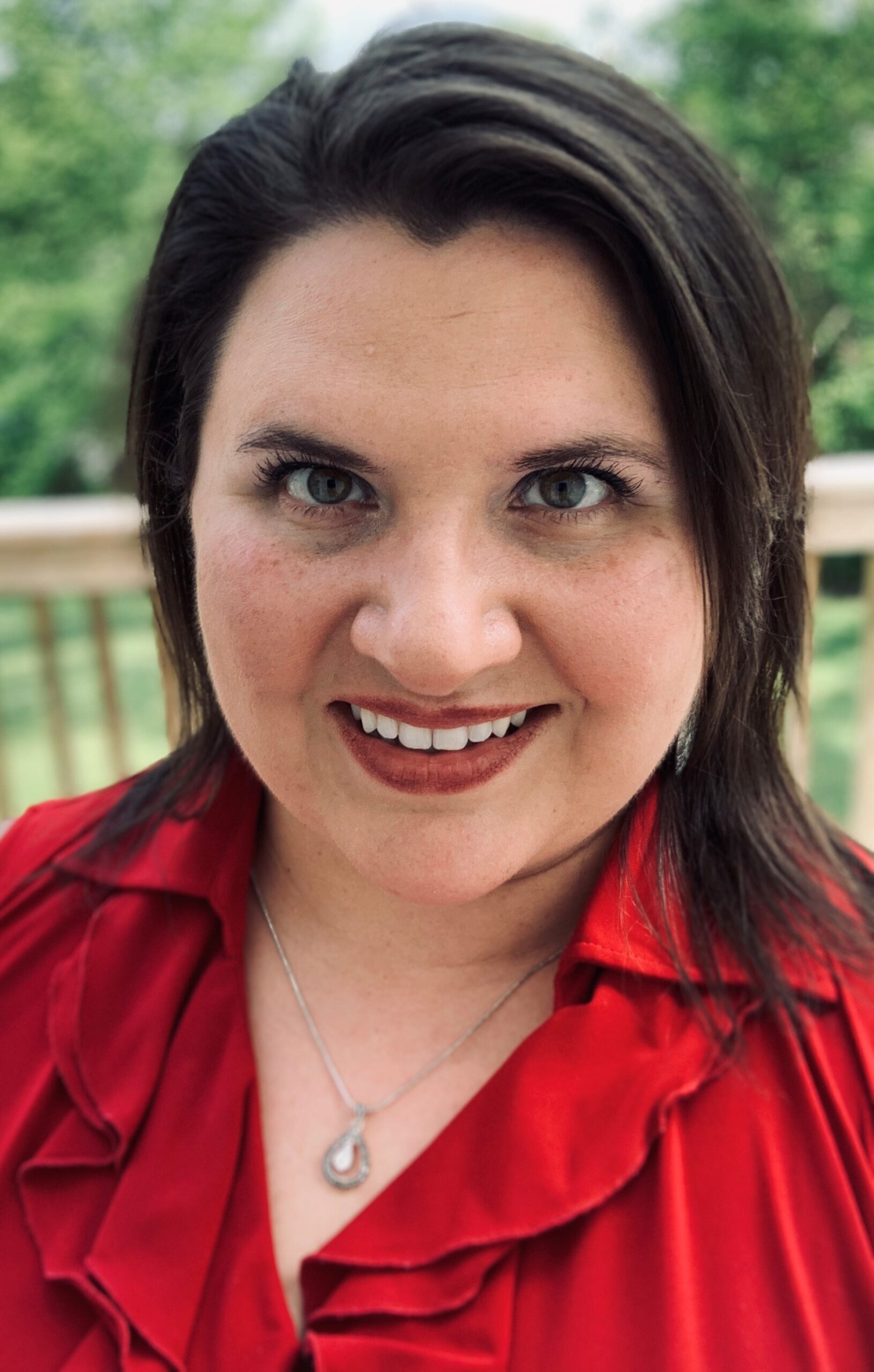
Samantha Crockett
Mount Rogers Community Services

Ginny Moorer
Mount Rogers Community Services
C.H.A.T.S. (Connecting Humans and Telling Stories) to Foster Connection Among Diverse Groups
Mental health professionals work hard to educate communities about the impact of trauma and Adverse Childhood Experiences, but what comes next? This hands-on session aims to provide insights into how Mount Rogers Community Services employs C.H.A.T.S. to increase participants’ sense of connection and belonging by practicing essential skills such as active listening, questioning assumptions, and approaching conversations from diverse perspectives.
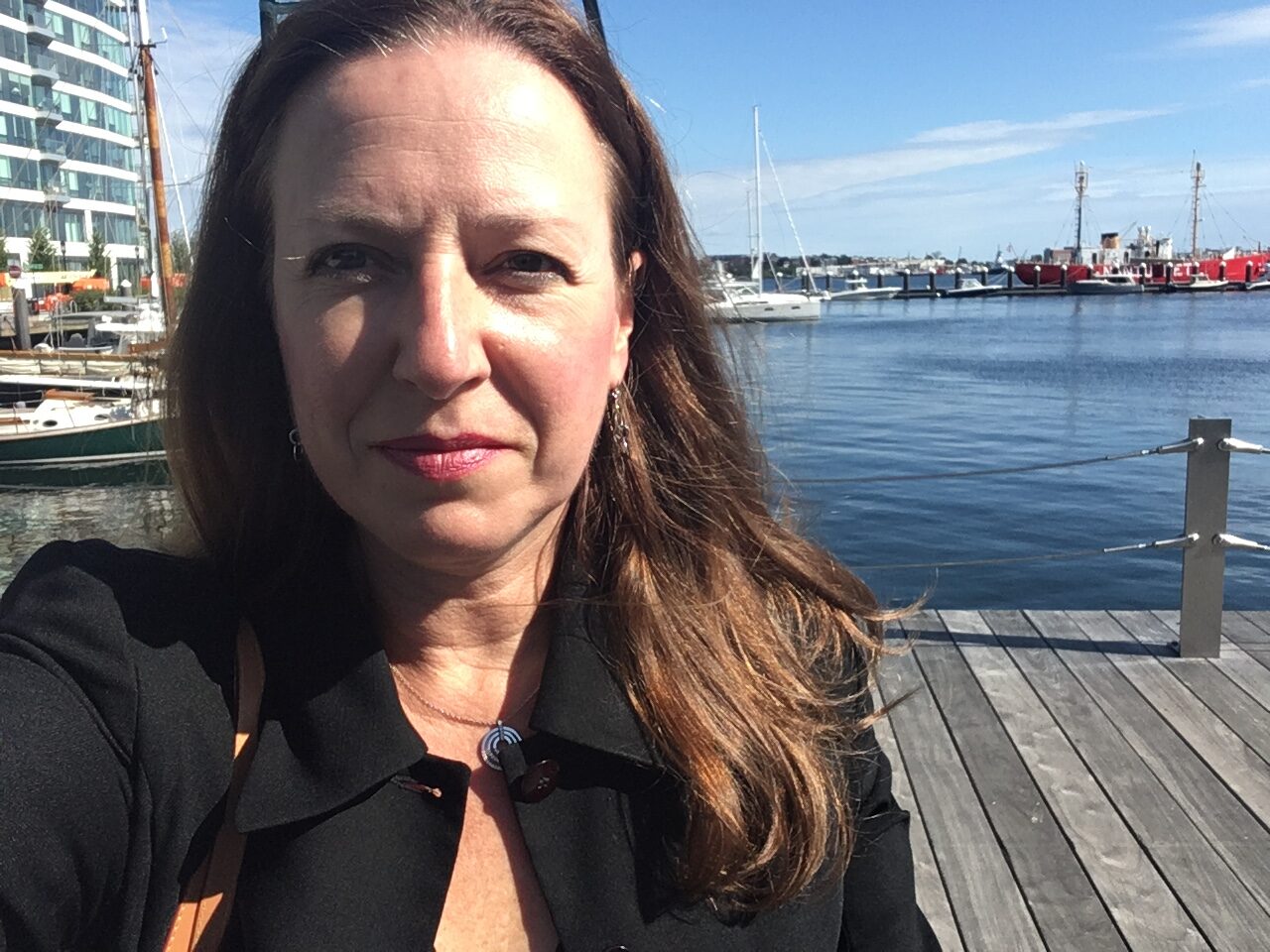
Helga Luest
Progress Pollinators
Surviving Extinction – A Roadmap to Personal and Community Resilience
Every year is the new hottest year in recorded history, feeding hot days, severe storms, and climate anxiety. When our policymakers don’t make the needed steps to prevent further warming, it is essential to know how best to adapt and remain resilient. This presentation will outline some of the less-known risks, approaches to adaptation and resilience, and how to cope with the trauma of a changing world.
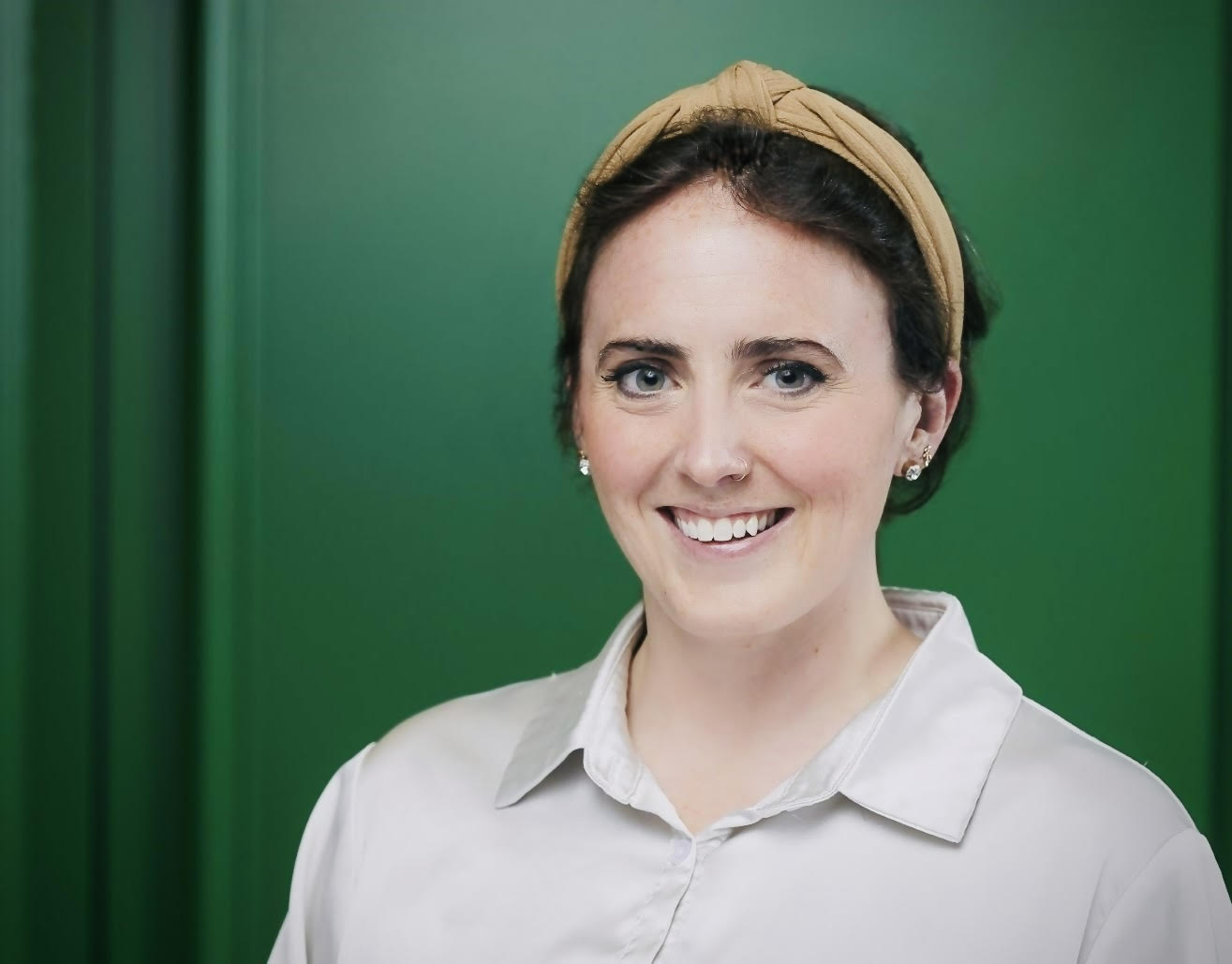
Rachel Whaley
Children's Healthcare of Atlanta
Building Resilience: A Whole-Child Approach
From social media usage, to growing concerns about the news and current events, our kids are facing a lot! And many of them are struggling to cope. Caregivers & adults working with youth are seeing firsthand a rise in children with behavioral and mental health needs. The Strong4Life Resilience Training is designed to address growing needs by helping adults in all personal & professional settings engage in consistent, intentional conversations about emotional development and providing information on making behavioral and mental health referrals. This training also provides resources and materials to empower youth-focused professionals & caregivers to build resilience in their children starting at birth.
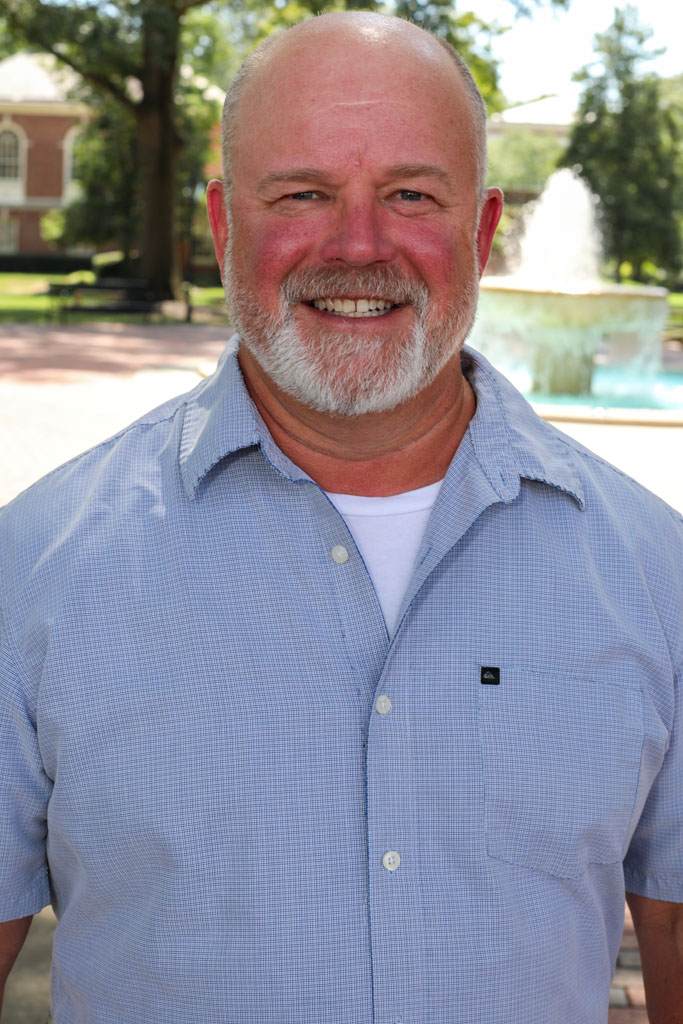
Keith Cartwright
Virginia DBHDS
Rebuilding Bonds: Nurturing Connectedness After Trauma
Stephen Porges says, “trauma compromises our ability to engage with others by replacing patterns of connection with patterns of protection.” In this session, we’ll use the Developmental Relationships Framework from the Search Institute to discuss relationship building skills and strategies to promote reconnection in an often disconnected world.
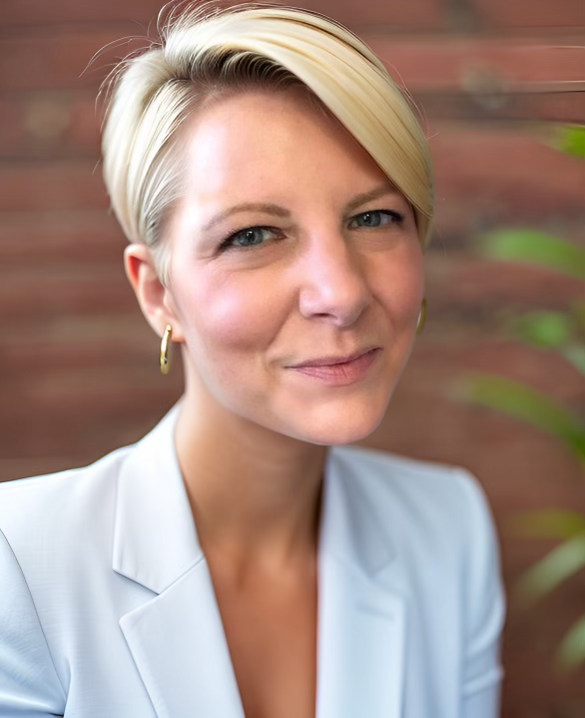
Decca Knight
Family Services of Roanoke Valley and the Roanoke Valley Trauma Informed Community Network
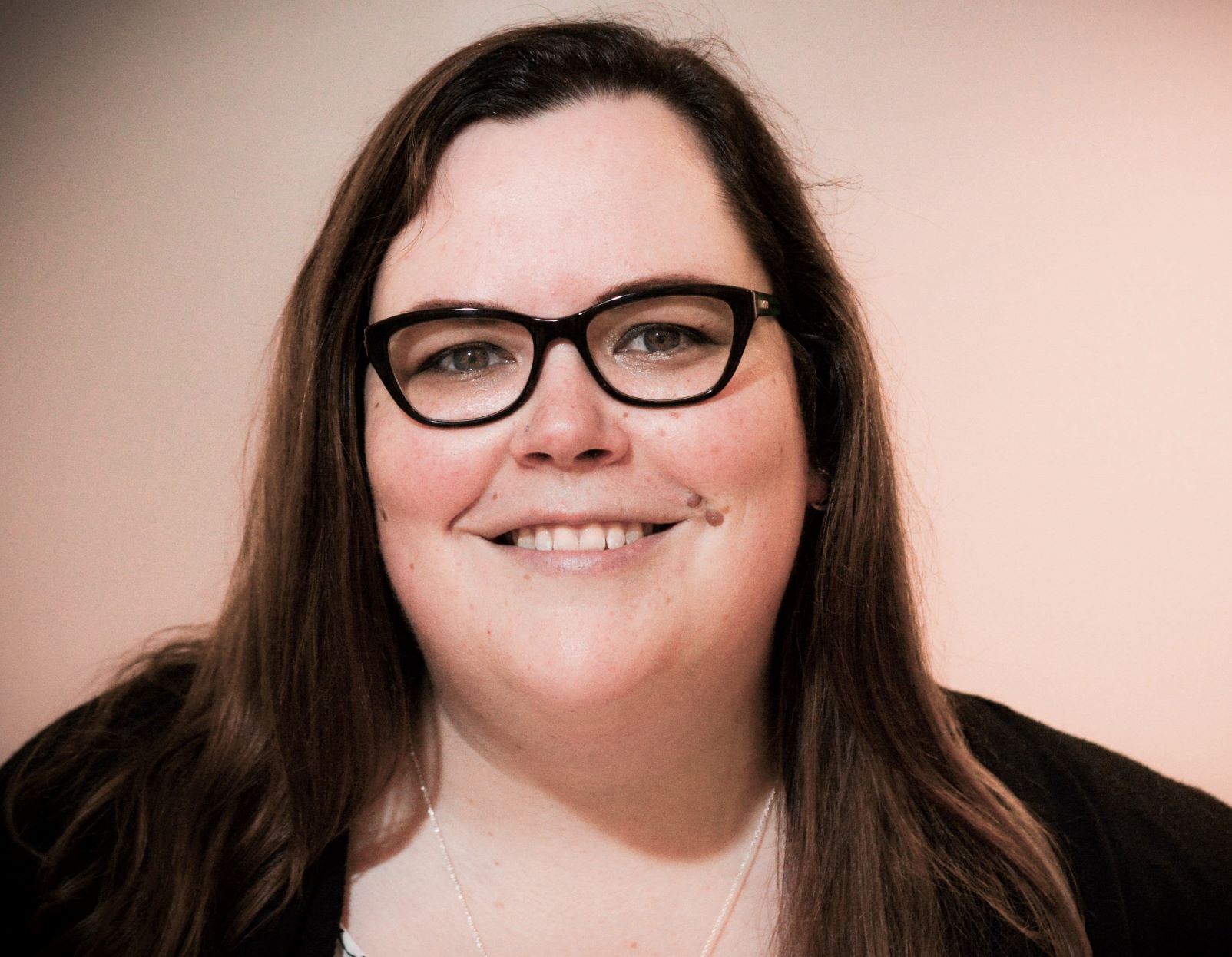
Sarah Harig
Family Service of Roanoke Valley
Community-Based Counseling: an Innovative Model for Accessible Mental Health Care
This session will delve into the critical issues surrounding mental health care access within communities, emphasizing the challenges posed by poor access to services, extensive waitlists, the prevalence of uninsured and underinsured individuals, and the various barriers hindering effective treatment. The session will shed light on these challenges and present an innovative model implemented in communities to address these pressing needs.
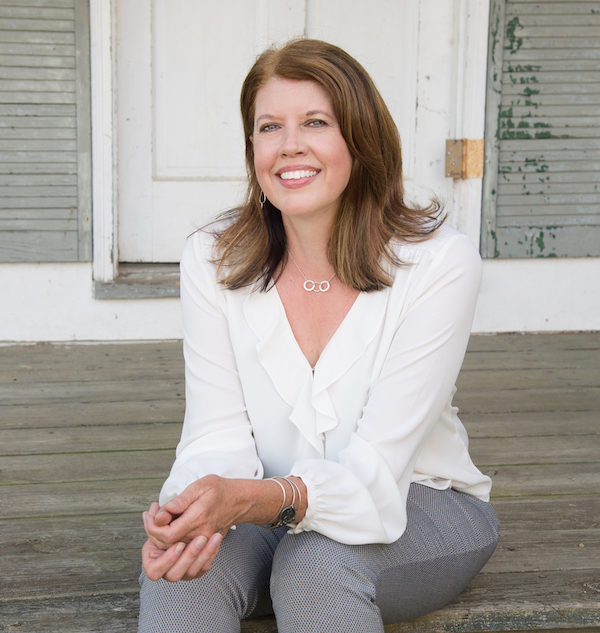
Barbara Gustavson
Discover Next Step
Taming the Hidden Dragons: Navigating the Path to Self-Awareness and Deeper Connections
Explore the ‘dragons’ that can wreak havoc on your happiness, habits and relationships. The concept of dragons was introduced by Dr. Sharon May, Ph.D., and is utilized by Dr. Daniel Amen and Amen Clinics nationwide. You’ll learn the origins, triggers, and strategies to tame these dragons so you can form greater bonds with yourself and those you support.

Alexis Osborn
The Compassion Clinic Resource Center
Unbreakable Spirits: Resilience Skills Forged Behind Bars by Alexis Osborn
This session explores the transformative power of resilience skills developed within the challenging environment of prisons and their applicability to broader contexts. This presentation will explore the rigorous process through which individuals in incarceration cultivate resilience, a testament to the universal adaptability and effectiveness of these skills. Through compelling narratives and backed by neuroscience, we will demonstrate how these resilience skills, honed in an environment where hope seems distant, can be a beacon of light for anyone facing adversity.
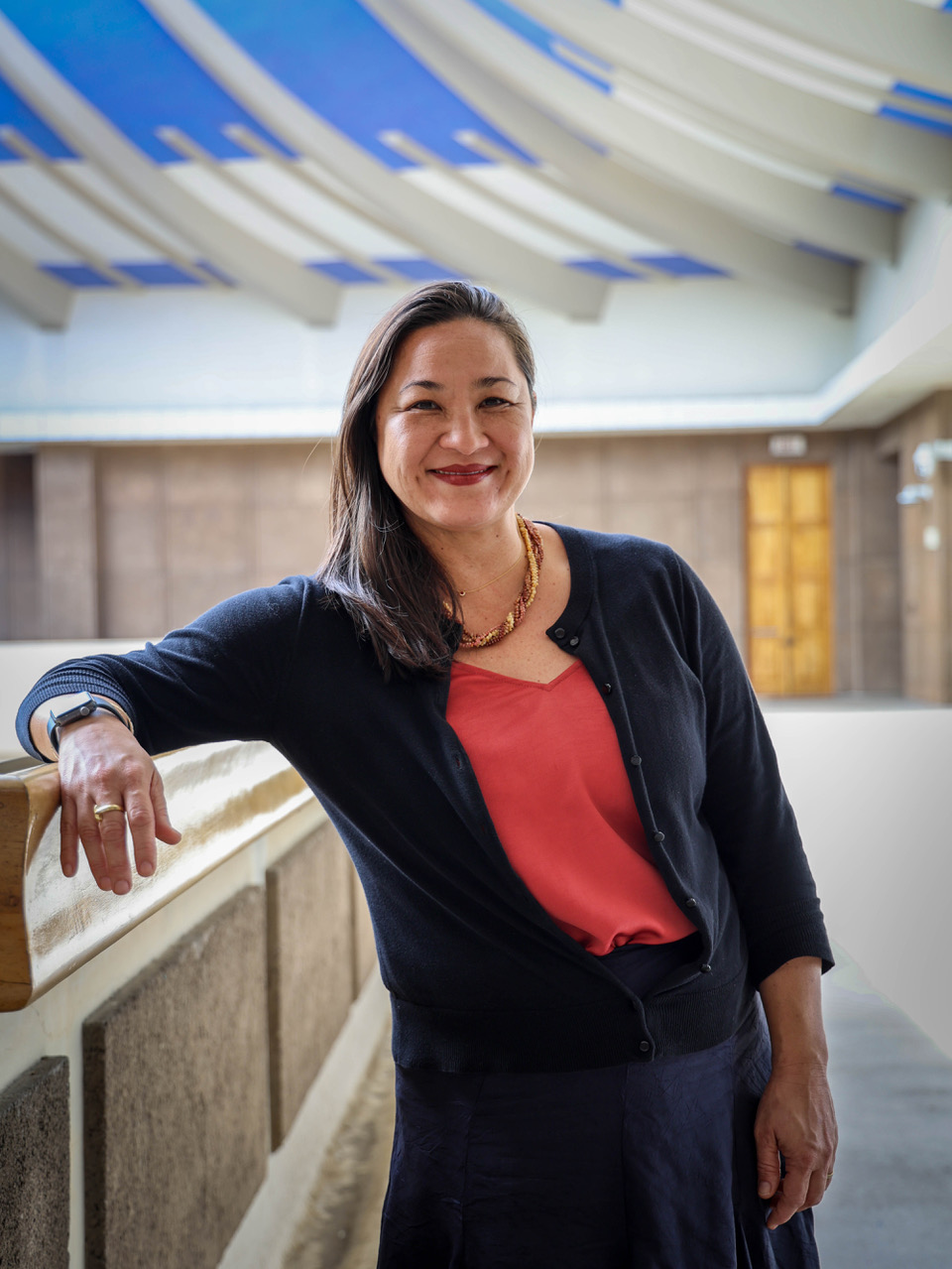
Tia L.R. Hartsock
Office of Wellness and Resilience | Ke Keʻena Kūpaʻa Mauli Ola

Keala Kaopuiki-Santos
Office of Wellness and Resilience | Ke Keʻena Kūpaʻa Mauli Ola
Mobilizing a Community in the Wake of the Maui Wildfires – Developing a Trauma-Informed and Culturally-Responsive Framework
On August 8, 2023, Hawaiʻi experienced one of the worst natural disasters in its history. The Governor immediately deployed his newly created Office of Wellness & Resilience to coordinate the mental health response. The following days and months highlighted the overwhelming need to come together as individuals, as communities and as a state to hold space for challenging conversations to identify unmet needs and systemic barriers. Join Hawaii’s Governor’s Office of Wellness & Resilience to discuss lessons learned and the importance of building community in a crisis.
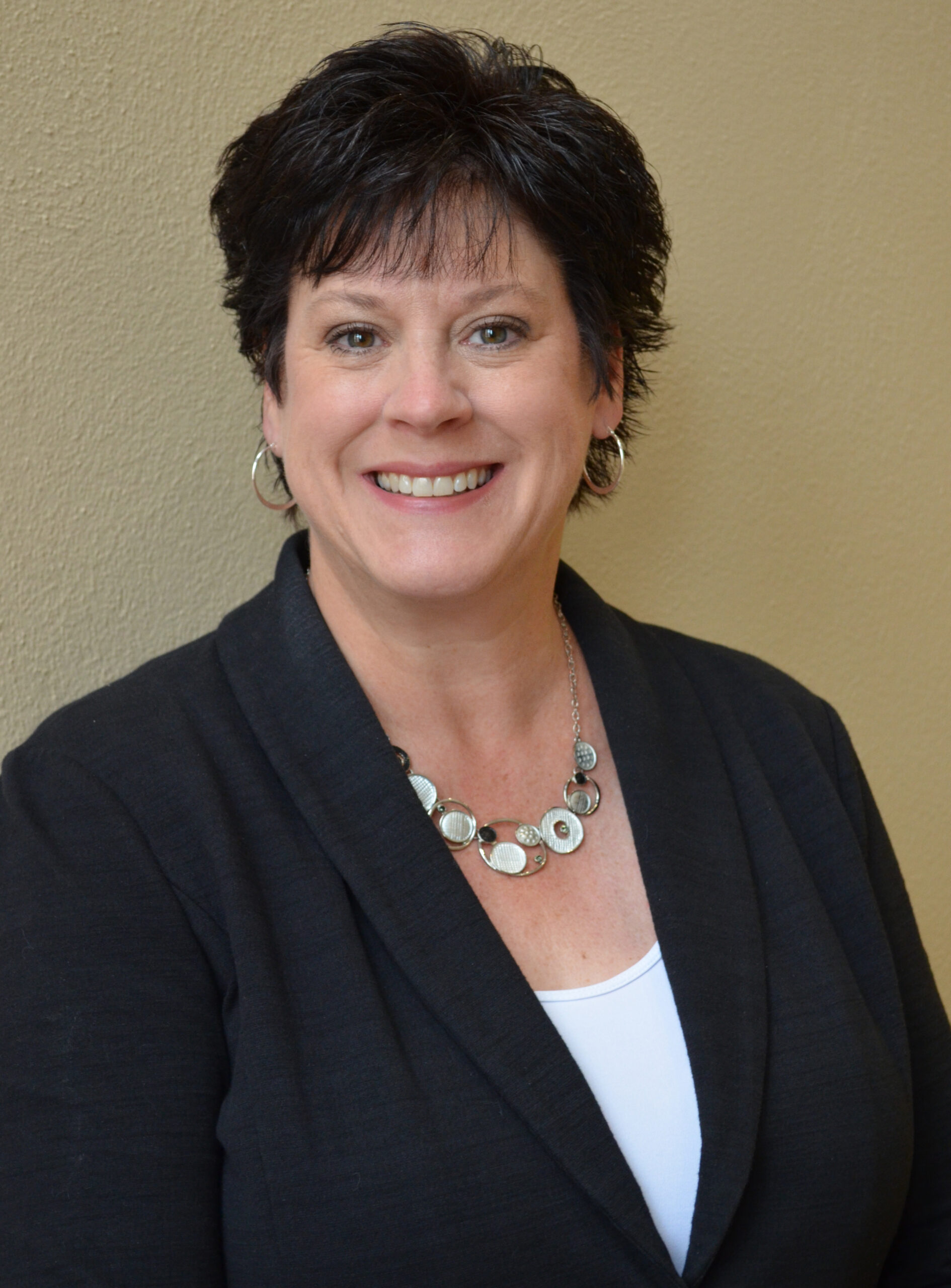
Kari Kerr
Community Violence Intervention Center
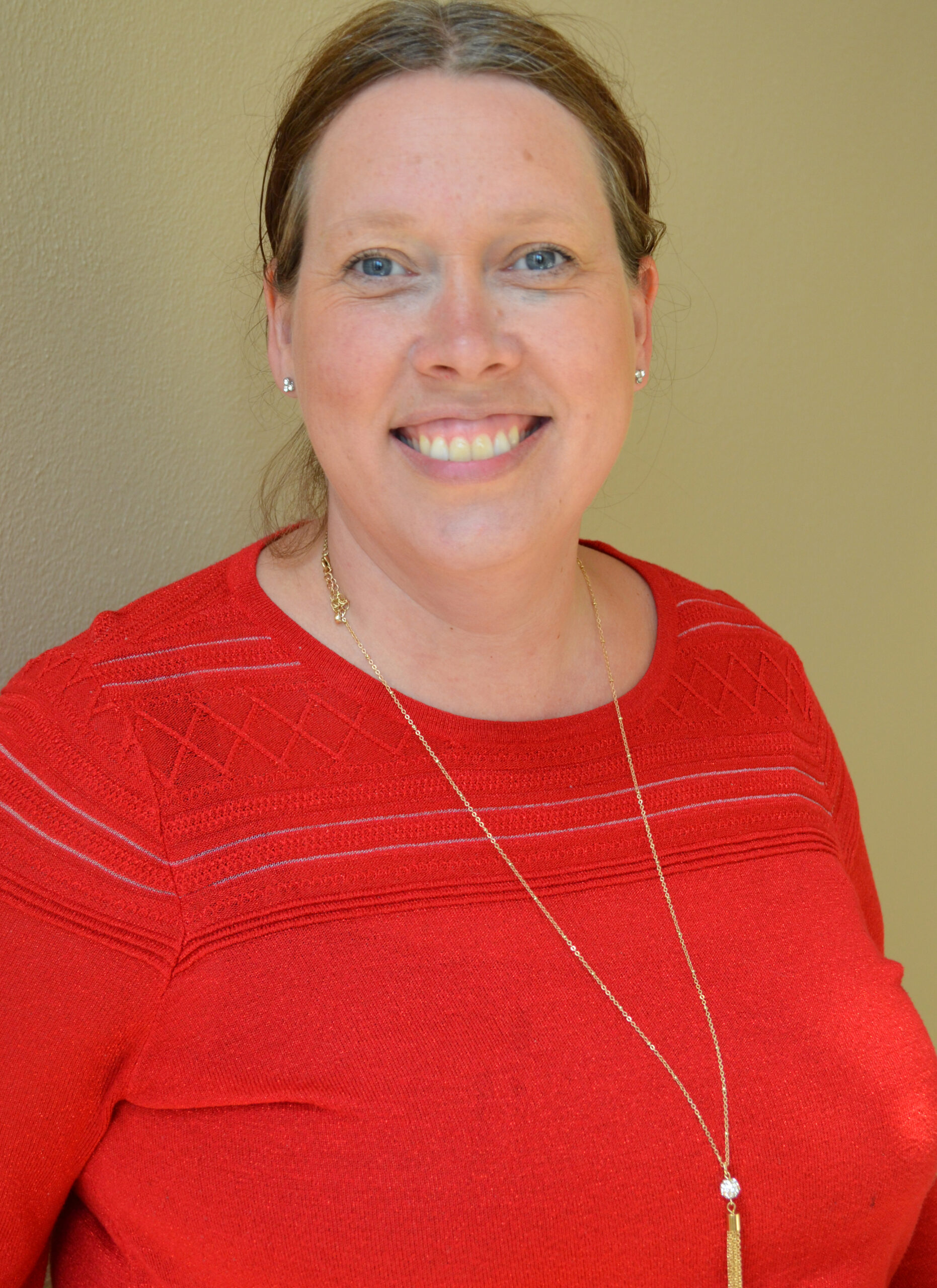
Therese Hugg
Community Violence Intervention Center
Safer Tomorrows Road Map: Shifting From Crisis Work to Ending Violence
Learn how to engage your community with a bold vision. The Safer Tomorrows Road Map is a research-based, collaborative innovation creating a society that no longer tolerates violence. Learn how to use research on Adverse Childhood Experiences to develop a strategic plan that guides the implementation of best practices, evidence-based therapies, and prevention curriculums to shift from crisis intervention to healing and prevention.

Joshua Webner
REAL LIFE
Building Community Strength and Resilience After Gunfire
An impact report overview of REAL LIFE’s Project Safe, Alive, and Free (Project SAF) within the community of Hopewell, Virginia. Project SAF is a data-supported gun violence intervention program that includes a community resilience support effort. Within the first six months of implementation, Project SAF was able to mark a 71% reduction in incidents of gun violence resulting in injury or death.
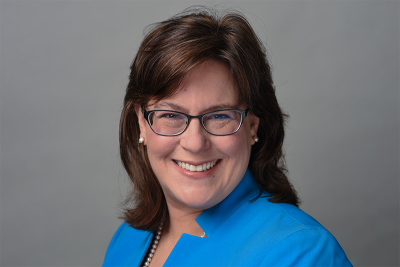
Dr. Catherine Finnegan
Virginia Community College System
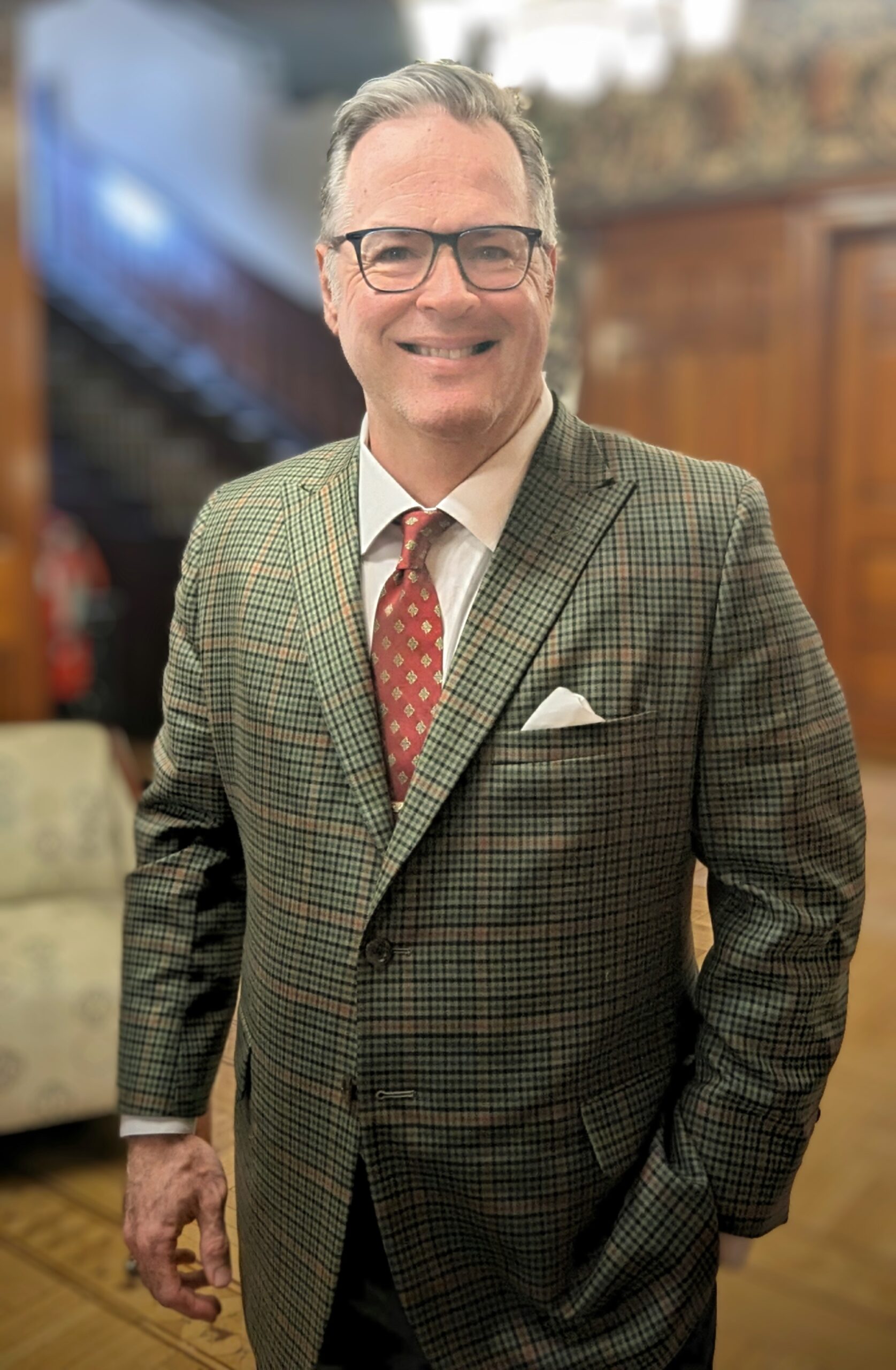
Jeffrey J. Kraus
Virginia Commonwealth University

Dr. Ryoko Yamaguchi
Plus Alpha Research & Consulting
Get Recognized, Remembered, and Rewarded: A Workshop “Cure” for the Common (and Forgettable) Small Organization
Finding it hard to cut through the noise? To engage others with your amazing mission? To attract game-changing resources? Our expert panel will show you how to find your unique stories; inspire others to share those tales; and leverage that attention to score the resources that will expand your impact. You already have everything your team needs to succeed. Let’s work through some processes so you can make it happen. You’ll leave this hands-on, three-part workshop with a plan to make your small organization bigger, better, faster, stronger! (Please note that if passively listening to blah-blah-blah presenters while doom-scrolling your Instagram is your conference jam, this isn’t the series for you. We require active participants who want to emerge inspired with ideas and momentum.)
